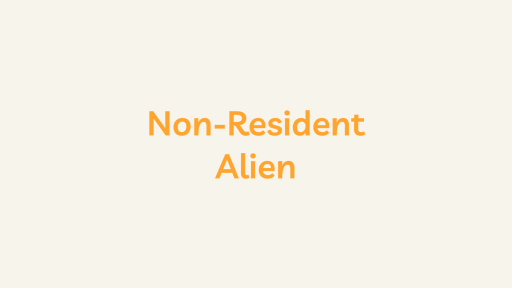What is a Non-Disclosure Agreement (NDA)?
A non-disclosure agreement (NDA) is a legal agreement between two or more parties that outlines confidential information that must not be shared with anyone outside the agreement. NDAs are often used to protect proprietary information, trade secrets, and confidential business information.
The purpose of an NDA is to ensure that sensitive information is kept private and not shared with anyone who is not authorized to receive it. NDAs can be used in various contexts, such as business transactions, employment contracts, and product development agreements.
An NDA typically includes several key components, such as a definition of what information is considered confidential, the parties involved in the agreement, the duration of the agreement, and the consequences of breaching the agreement. NDAs may also include provisions for the return or destruction of confidential information at the end of the agreement period.
NDAs can be unilateral, meaning that only one party is restricted from disclosing confidential information, or mutual, meaning that both parties are restricted from disclosing confidential information.
There are several benefits of using an NDA. First, an NDA can help protect sensitive information from being disclosed to competitors or other unauthorized parties. This can help prevent intellectual property theft and maintain a business’s competitive advantage.
Second, an NDA can help build trust between parties involved in a business transaction. By agreeing to keep confidential information private, both parties can feel more confident in sharing information with each other.
Third, an NDA can help protect the reputation of a business. If confidential information is disclosed, it can damage the reputation of a business and harm its relationships with customers and partners.
However, there are also potential drawbacks to using an NDA. NDAs can be difficult to enforce, particularly if the parties involved are located in different jurisdictions. Additionally, NDAs can limit employees’ ability to discuss workplace issues, making it difficult to address organizational problems.
In conclusion, an NDA is a legal agreement that can help protect confidential information and build trust between parties involved in a business transaction. While NDAs have benefits, it is important to consider the potential drawbacks carefully before entering into an agreement. Businesses should work with legal professionals to ensure that NDAs are written clearly and enforceable.





